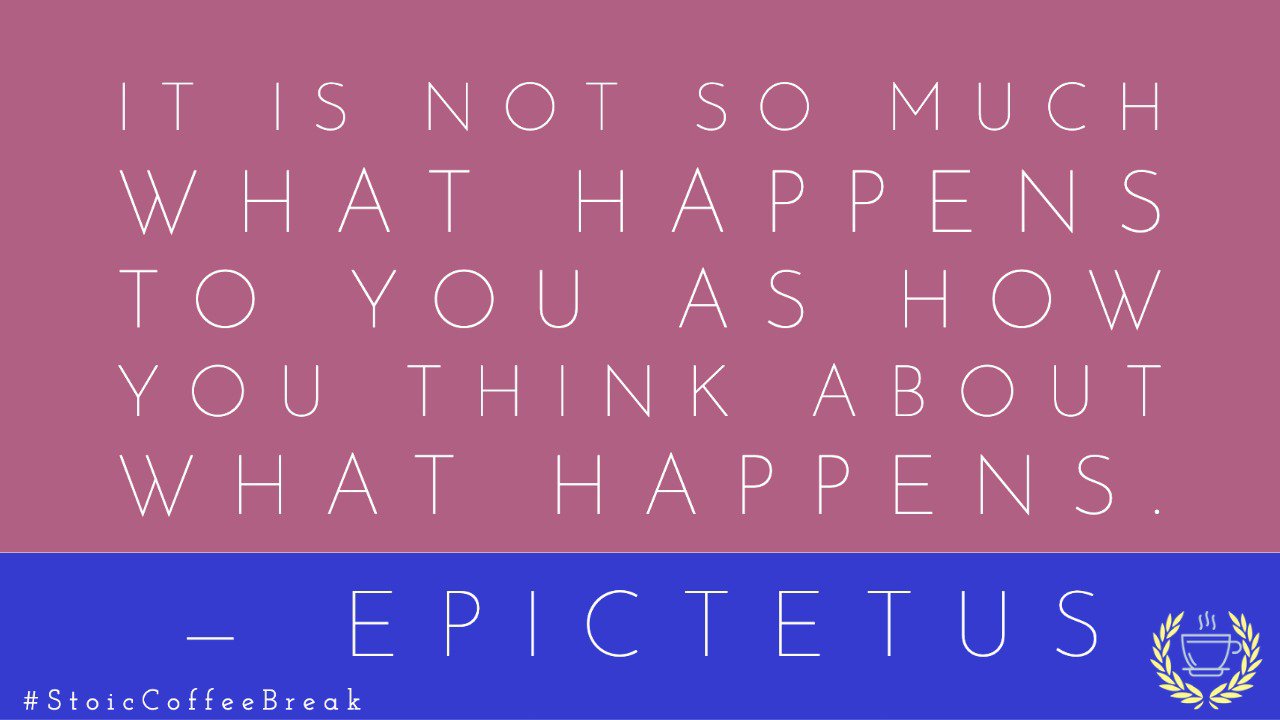Month: July 2023
-

265 – The Road to Growth: Why the Journey Matters More Than the Destination
“Show me someone for whom success is less important than the manner in which it is achieved.” — Epitetus Why do you set goals? Why is it important for you to accomplish those goals? Today I want to talk about why we should try to accomplish goals, even we never achieve them.
-

264 – Personal Maintenance
“Progress is not achieved by luck or accident, but by working on yourself daily.” — Epictetus Are you always looking for the lazy solution? Do you try to find “one and done” solutions to the problems in your life? Today I want to talk about how most progress is not just about knowing what to…
-

263 – No Self
“It is not so much what happens to you as how you think about what happens.” ― Epictetus Do you think of yourself as a “self”? What if we had no part of us that was an enduring self? How would that change how you acted in the world? Today I want to talk about…